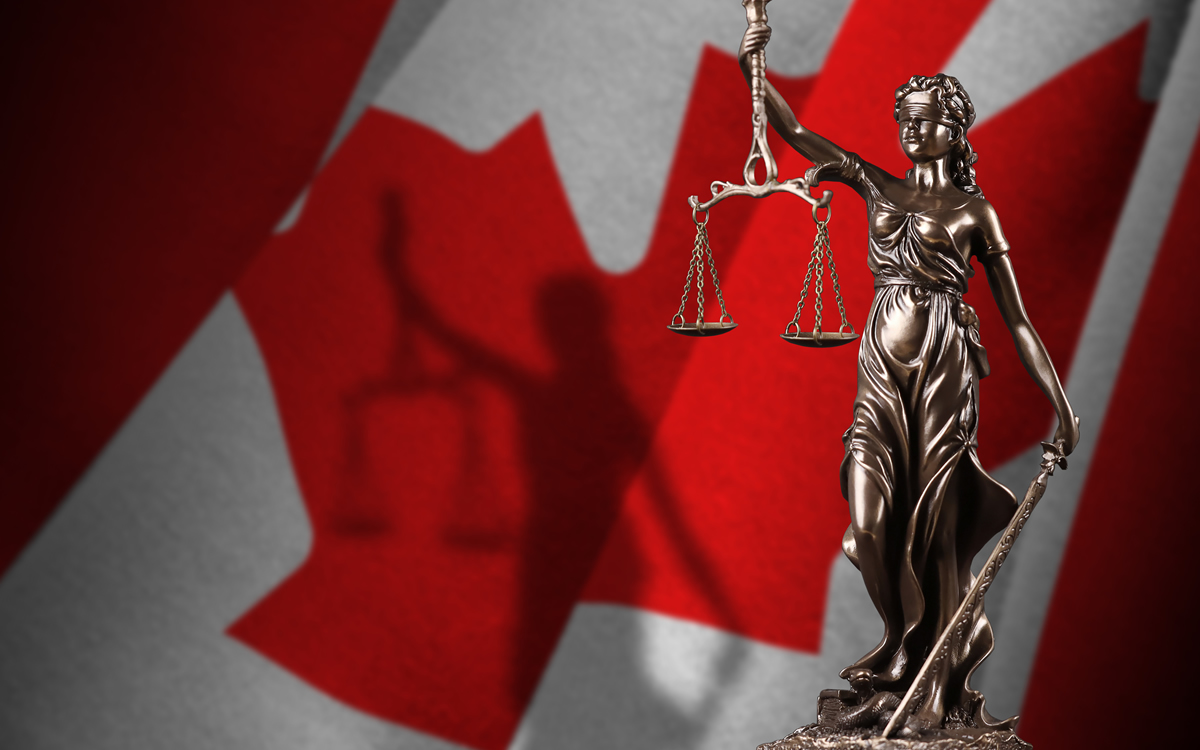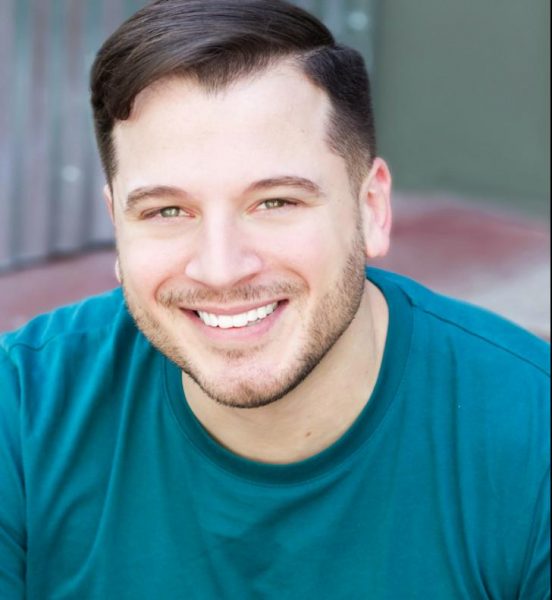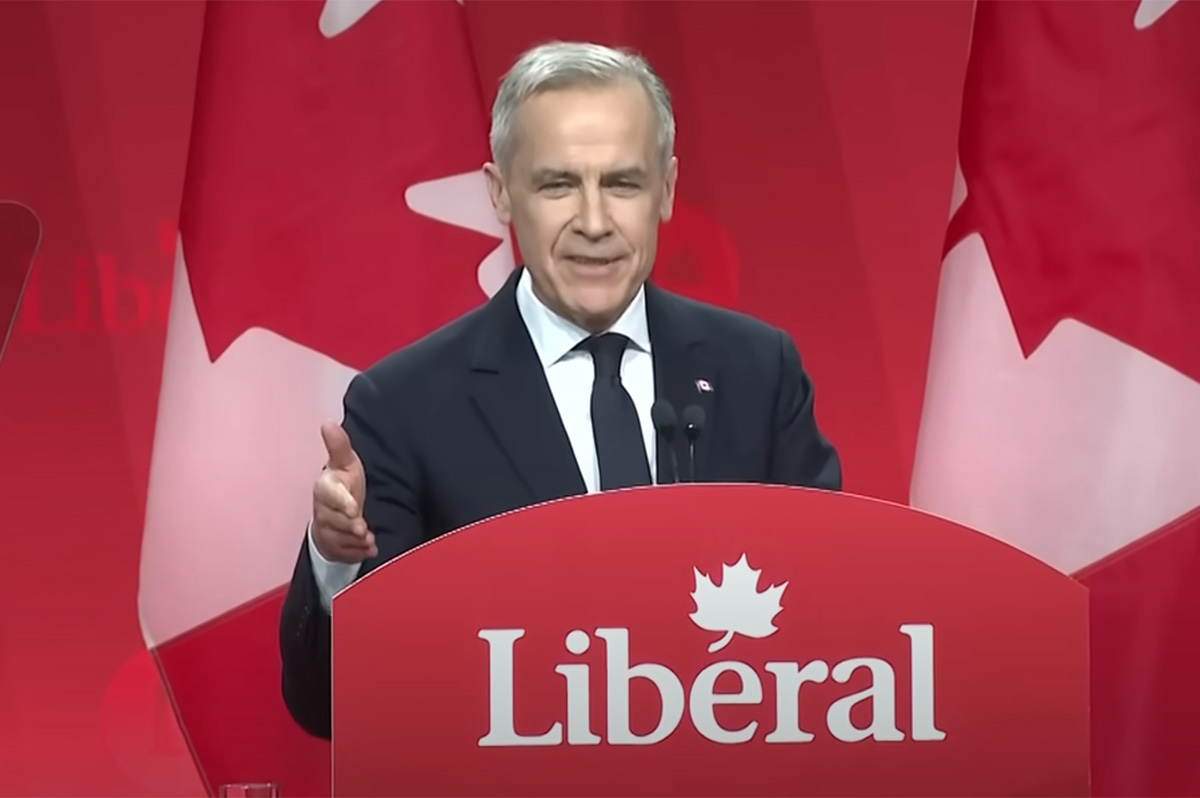Canada
Canada to expunge records of people convicted under ‘unjust’ laws
Government announced new regulations on Wednesday

The government of Canada announced on March 7 that new regulations were in place allowing people who had been convicted of historically unjust offenses that targeted queer people and women seeking abortions to have their criminal records expunged.
Under the new regulations, people who have been convicted of the offenses related to being found in a “bawdy house” or putting on an “indecent performance” or exhibition — offenses that had in the past been used to target queer people — as well as various offenses related to seeking or providing an abortion, can now apply to the Parole Board of Canada to have all records of their conviction destroyed. Deceased persons can have their records expunged by a representative. There is no fee to apply for the expungement.
The regulations are an expansion of the 2018 “Expungement of Historically Unjust Convictions” law, which originally allowed men who were convicted under laws banning “gross indecency,” “buggery” and “anal sex” to have their records wiped.
“We need to recognize the historic injustices that wrongly targeted vulnerable communities,” said Public Safety Minister Marco Mendicino of the new regulations in the House of Commons. “This is about recognizing the legacy of discrimination suffered by women and members of the 2SLGBTQIA+ community while protecting their right to choose and access safe reproductive health care. This is one more step toward building a compassionate, inclusive and diverse country.”
According to the government’s analysis included in the announcement of the new regulations, the RCMP National Repository of Criminal Records identified 18,579 records related to bawdy houses and indecent acts and 67 abortion-related convictions that may be eligible for expungement. The Parole Board is expecting up to 2,500 people to apply for expungements.
Canada’s “bawdy house” law formerly criminalized anyone who worked in or was found in a place where prostitution or indecency occurred. The intentionally vague law was used regularly as an excuse to raid queer spaces — particularly bath houses.
Coordinated raids on four bathhouses in Toronto in 1981 led to the arrests of more than 300 men in one of the largest mass arrests in Canadian history. The event, dubbed “Operation Soap” by Toronto Police, sparked massive protests that are frequently cited as the start of Toronto’s Pride Festival. Bathhouse aids continued to be a semi-regular occurrence in Canada until 2002, when Toronto Police raided a lesbian event called “Pussy Palace.” In 2005, the Supreme Court ruled that consensual sex in a bawdy house is not indecent, and therefore not illegal, significantly narrowing the scope of the law.
Abortion in Canada was generally illegal unless a hospital committee determined that it was necessary to save the life of the mother until 1988. That year, the Supreme Court struck down Canada’s abortion laws as a violation of women’s right to life, liberty and security of the person.
The bawdy house and abortion laws were finally repealed from the Criminal Code in a general overhaul that had also struck out defunct laws that established a different age of consent for anal sex. The indecency law remains in the Criminal Code, but its use is generally limited.
Although the entire bawdy house law was repealed, the expungement order explicitly does not apply to anyone whose conviction stems from a bawdy house used for sex work or anyone who engaged in sex work in a bawdy house. The expungement order also does not apply to convictions for indecent acts that occur outside a bawdy house, for example, cruising in a public park.
“Canadians deserve non-discriminatory policies that put their safety first, which is why the Government of Canada recognizes that past laws and regulations were unjust and compromised the freedoms of 2SLGBTQI+ communities and women,” Women, Gender Equality and Youth Minister Marci Ien said in a press release.
The government of Prime Minister Justin Trudeau has taken a number of steps to address historic injustices against LGBTQ and intersex Canadians since being elected in 2015. In addition to repealing unjust laws and creating the record expungement program, the government issued an apology for past persecution of queer Canadians in 2017, and reached a settlement with queer government employees who had been purged from the civil service from the 1950s to the 1990s.The government also prohibited discrimination based on gender identity and expression under the Canada Human Rights Act, banned conversion therapy, and recently ended the ban on blood donations from gay men. However, a regulation banning gay men from donating sperm still exists in Canada.
********************************************************************************

Rob Salerno is a writer, journalist and actor based in Los Angeles, California, and Toronto, Canada.
Canada
Shooter who killed 7 people inside Canada school was transgender
Advocacy groups have condemned efforts to link trans people to mass shootings

Canadian authorities on Wednesday said the person who killed seven people and injured more than two dozen others at a school in Tumbler Ridge, British Columbia, the day before was transgender.
Dwayne McDonald, the deputy commissioner for the Royal Canadian Mounted Police in British Columbia, during a press conference said Jesse Van Rootselaar, 18, “was born as a biological male who approximately … six years ago began to transition as female and identified as female both socially and publicly.” McDonald added it is “too early to say whether” the shooter’s gender identity “has any correlation in this investigation.”
The shooter died by suicide, and authorities found her body inside the school.
“We have a history of police attendance at the family residence,” said McDonald. “Some of those calls were related to mental health issues.”
Egale Canada, the country’s LGBTQ and intersex rights group, on Wednesday said it is “heartbroken by the horrific shooting in Tumbler Ridge.”
“Our deepest condolences are with the victims, their families, and the entire community as they navigate unimaginable grief,” said the group in a statement. “We unequivocally condemn this act of violence. There is no place for violence in our schools or in our communities. At this profoundly difficult time, we hold the people of Tumbler Ridge in our thoughts and stand in solidarity with all those affected.”
Mass shootings are relatively rare in Canada, unlike in the U.S.
GLAAD notes statistics from the Gun Violence Archive that indicate trans people carried out less than 0.1 percent of the 5,748 mass shootings in the U.S. between Jan. 1, 2013, and Sept. 15, 2025. The Human Rights Campaign, the National LGBTQ Task Force, and other advocacy groups last August condemned efforts to scapegoat the community after a trans woman shot and killed two children and injured 17 others inside the Annunciation Catholic School in Minneapolis.
Canada
Montreal Pride parade organizers reverse ban on Jewish groups
Initial decision left Ga’ava, Center for Israel and Jewish Affairs ‘deeply shocked’

Organizers of Montreal’s Pride parade have reversed their decision to ban Jewish groups from participating in the annual event.
The Montreal Gazette reported Fierté Montréal on July 30 informed Ga’ava, a group that is affiliated with the Toronto-based Center for Israel and Jewish Affairs, it could not march in the Aug. 10 parade.
Ga’ava in a statement said it and the Center for Israel and Jewish Affairs “were deeply shocked to learn today from Montreal Pride that LGBTQ+ Jews and their allies will be excluded from the 2025 Pride Parade.” Fierté Montréal earlier in the day in its own statement condemned “the ongoing genocide in Gaza, expresses solidarity with the Palestinian people, and calls for the lives of 2SLGBTQIA+ individuals in Palestine, and everywhere in the world — to be respected and protected.”
“Fierté Montréal’s position on violence of any kind inflicted upon marginalized populations or communities — especially 2SLGBTQIA+ communities — has always been clear: we denounce all forms of violence, we amplify the voices of queer communities who, on our stages and in our spaces, express their support for oppressed peoples, particularly the Palestinian people, and their opposition to genocide,” said Fierté Montréal. “The work of Fierté Montréal is rooted in a long-standing movement to fight oppression, and we acknowledge the pain expressed by queer communities in Montréal since the beginning of the conflict in Gaza.”
“Accordingly, and in line with our zero-tolerance policy for hate speech and incitement to violence, and to ensure that the Fierté Montréal Festival remains a safe and celebratory space for everyone, the board of directors of Fierté Montréal has made the decision to deny participation in the Pride Parade to organizations spreading hateful discourse,” it added. “This measure is taken in the context of a complex geopolitical situation and stems from our commitment to preserving the emotional and physical safety of our communities.”
Five Canadian MPs are among those who sharply criticized Fierté Montréal’s decision.
Bernard Truong, the group’s former board chair, resigned on Monday. The Montreal Gazette on Tuesday spoke with his successor, Marlot Marleau, about the decision to reinvite Ga’ava and the Center for Israel and Jewish Affairs to participate in the parade.
“We realized the decision was seen as excluding the entire Jewish community. That was never the intent,” Marleau told the Montreal Gazette. “We’re sorry for making them feel unwelcome.”
“LGBTQ+ Jews are happy that Montreal Pride walked back its politically motivated decision to oust the Jewish community from the Pride Parade,” said Ga’ava President Carlos A. Godoy on Tuesday in a statement he sent to the Washington Blade. “Either you’re inclusive or you’re not. LGBTQ+ Jews have to bring their full authentic selves to the parade — we can’t ask Jews to separate their identities and attachments. LGBTQ+ Jews belong in Pride parades.”
Canada
Liberal Party wins Canadian election
Prime Minister Mark Carney railed against US tariffs, sovereignty threats

Canadian Prime Minister Mark Carney’s Liberal Party won the country’s federal election that took place on Monday.
The Canadian Broadcasting Corporation notes the Liberals won 169 seats in parliament, compared to the 144 the Conservative Party won. The Liberals need 172 seats for a parliamentary majority.
Liberal Bruce Fanjoy defeated Pierre Poilievre, an anti-LGBTQ MP from Ontario who is the Conservatives’ leader, by a 50.6-46.1 percent margin.
The Liberals last month elected Carney to succeed Justin Trudeau as the country’s prime minister. Monday’s election took place against the backdrop of growing tensions with the U.S. that stem from tariffs the Trump-Vance administration has imposed against Canada, and suggestions the country should become the 51st state.
“Our strength lies in our resolve to work together,” said Carney on Tuesday in a post to his X account. “United, we will build Canada strong.”
Thank you, Canada.
Our strength lies in our resolve to work together. United, we will build Canada strong. pic.twitter.com/uN6h4LUAEP
— Mark Carney (@MarkJCarney) April 29, 2025
Egale Canada, the country’s largest LGBTQ and intersex rights group, earlier this year announced it will not attend WorldPride and other events in the U.S. because of the Trump-Vance administration’s anti-transgender policies and “economic warfare and threats to our national sovereignty.”
“Democracy thrives when people engage, and our voices are used in a way where we can say we voted with pride,” said Egale Canada on Tuesday.
“As the new parliament takes shape, we recognize that the journey toward equity and inclusion — especially for 2SLGBTQI communities — extends far beyond election day,” added the group in its post-election statement. “The work of understanding, addressing, and acting on the issues faced by 2SLGBTQI people must be ongoing, collaborative, and grounded in human rights and lived experience.”
Egale Canada said it looks “forward to working with all members of parliament, both newly elected and returning, to help build a Canada where every person is treated with dignity, where diversity is celebrated, and where all are equal — and none are other.”
-

 Opinions5 days ago
Opinions5 days agoUnconventional love: Or, fuck it, let’s choose each other again
-

 National4 days ago
National4 days agoFour bisexual women on stereotypes, erasure, representation, and joy
-

 Theater4 days ago
Theater4 days agoMagic is happening for Round House’s out stage manager
-

 Baltimore2 days ago
Baltimore2 days ago‘Heated Rivalry’ fandom exposes LGBTQ divide in Baltimore



















